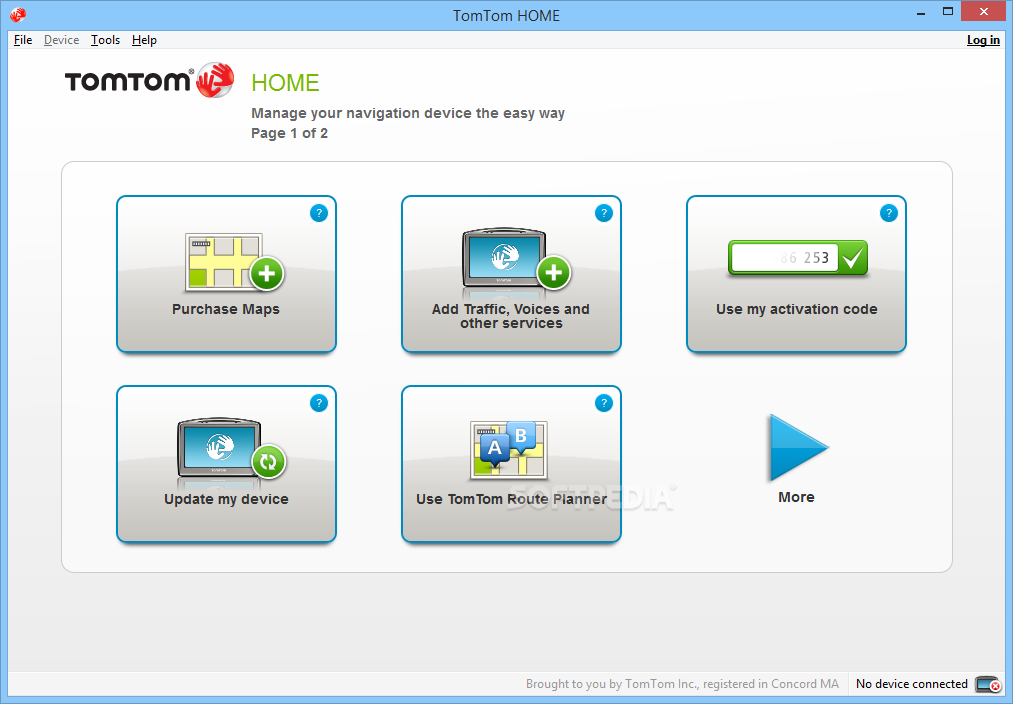

(Note that in a production release application, keep the API key more secure than placing it directly inside the web page). Keep the API key, location coordinate, and search query as global variables at the top. Next, add these two elements inside the UI page body: Click on a shop! You can find it in the dataSources object nested inside each search API result, like so: "dataSources": It also contains a POI Details ID we can use to request additional details. This information includes business name, contact information (like address and phone number), and POI category type. The regular search API already returns basic information and points of interest. To follow this tutorial, you just need to know some JavaScript.

This article uses TomTom POI Details API to create a simple map web page that highlights different pizza shops around Seattle and allows users to explore each business in finer detail.

Note: If you are familiar with common meta-information tag names. This adds value to map-based applications, enhancing user experience with detailed information about each POI. MIE Meta Tags MIE Audio Tags MIE Camera Tags MIE Flash Tags MIE Lens Tags. Examples include a store’s ratings and reviews, opening hours, and photos. TomTom Search API v6 helps developers access Detailed Points of Interest (POI) information. With a little JavaScript, we’ll use the TomTom POI Details API to create a simple map web page that highlights different pizza shops around Seattle and allows users to explore each business in finer detail.


 0 kommentar(er)
0 kommentar(er)
